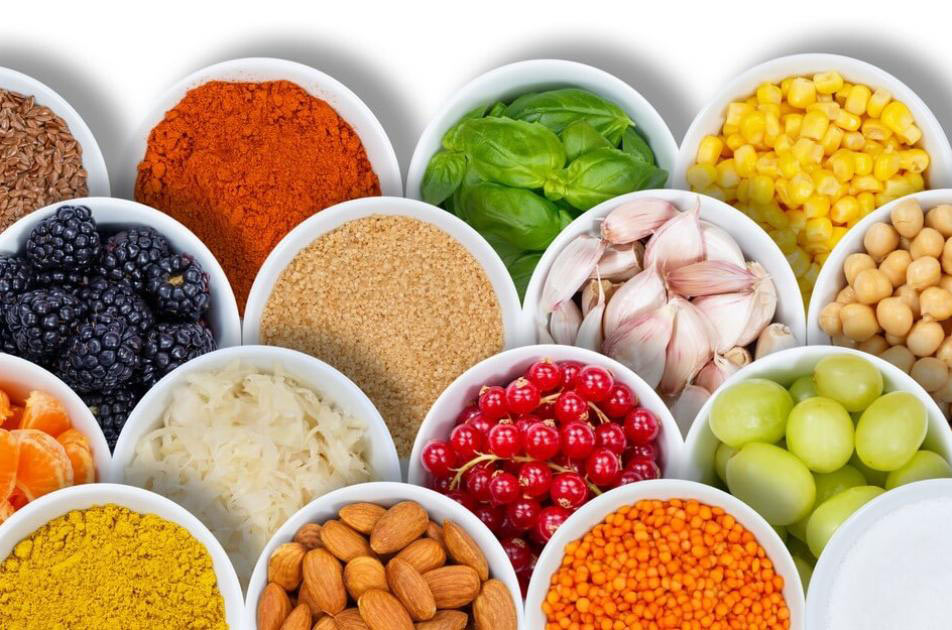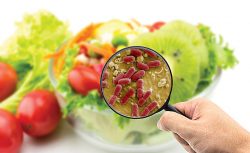- Advertisement -

Popular
Biological Food Hazards
Biological food hazards are biological agents that can pose a threat to human health and include bacteria, viruses, and parasites. Bacteria and viruses are responsible for most foodborne illnesses and are the biggest threat to food safety. The most common result of infections from biological agents is gastroenteritis - inflammation of the stomach and small intestine. Also called the “stomach flu”, gastroenteritis is generally acquired through consumption of contaminated food or water, or through direct contact with an object, surface, or person - as a result of poor sanitation and/or hygiene.
Food Safety for Pork
Pork requires the safe preparation, cooking temperature, and proper storage of leftovers in order to prevent food illness. The USDA recommends cooking pork to a minimum cooking temperature of 145°F - as measured with a food thermometer - in order to kill any pathogens.
Food Safety for Raw Oysters
Raw shellfish (e.g. oysters, clams, mussels) can pose an increased risk to be contaminated - as they are filter feeders and become contaminated when their waters are polluted with raw sewage and bacteria.
Food Safety Education for the Family
Have a conversation about food safety with you children – no matter the age. Basic discussion topics can make a big difference in understanding and preventing a food illness. Follow basic food safety principles and procedures to help keep you and your family safe.
Turkey Food Safety Tips
Raw poultry (turkey, chicken, duck, goose, quail, etc.) may contain harmful bacteria such as Salmonella and Campylobacter. Proper preparation, cooking, and storage procedures must be followed - or a foodborne illness can occur.

























